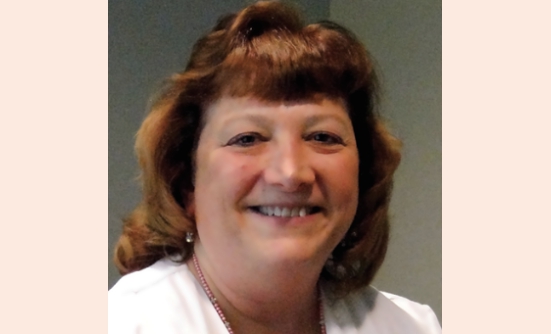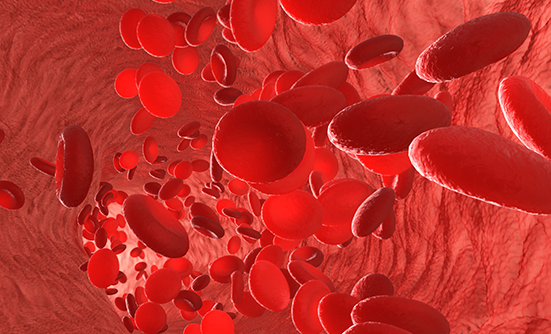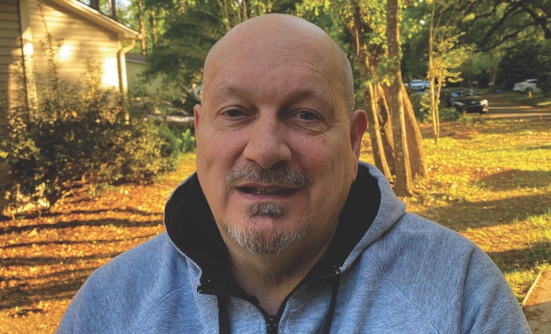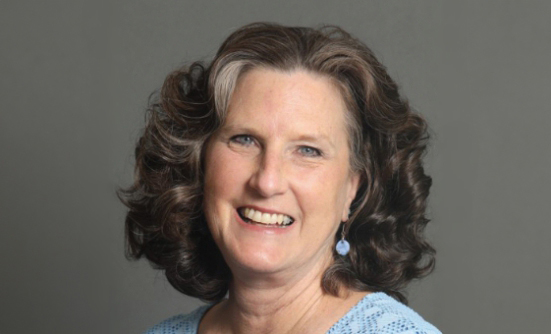The term "patient navigator" seems to be popping up more often in articles about healthcare. Just who, or what, is a patient navigator? More important, why is this person important to you, the patient?
Patient navigation began officially with Dr. Harold Freeman at Harlem Hospital in 1990. Some nurses had been navigating patients through the system unofficially before the concept took root. Dr. Freeman’s breast navigation program was the first recognized program.
Today, the Academy of Oncology Nurse & Patient Navigators (AONN+)–in collaboration with George Washington University–and many pioneering patient navigators are working to bring national recognition of this profession to the healthcare setting. The Commission on Cancer acknowledged the importance of patient navigation in their standards, and AONN+ is proud to have been elected as a member of this prestigious commission.
Patient Navigators
A patient navigator is the person (or persons) who guides you through the healthcare continuum. In this article I focus on oncology navigators–members of the care team who specialize in working with patients who are diagnosed with cancer.
A navigator can be male or female, young or old, with different backgrounds, education, and professional degrees. The majority of navigators today are women. Many are nurses; some are social workers; others are advocates, chaplains, nutritionists, accountants, mental health professionals, and physical therapists. Some patient navigators have received advanced training in patient navigation, others have not.
Some navigators receive a salary for their work and others are volunteers.
Several national organizations, led by AONN+, are working toward national certification for patient navigators, which will ensure standards of care and quality care for their patients.
A patient navigator can help the patients navigate through the maze of healthcare challenges. Some navigators will start the journey with you at diagnosis and remain at your side until you no longer require their services. Others will be there for part of the ride. Some navigators work with all cancer types, and others focus on a specific cancer, such as breast, lung, or prostate.
Some navigators will join your team during the transition from active cancer treatment to survivorship. Others provide palliative or supportive care, or hospice navigation for the entire family.
Clinical patient navigators, also called nurse navigators or patient coordinators, work with the patient to arrange appointments; coordinate family meetings; explain the results of laboratory, pathology, and screening tests; and act as your main point of contact with your care team, addressing all your medical concerns or referring these issues to your physician.
Lay Navigators
Lay patient navigators can assist you in understanding the medical terminology, or help with daily activities and family needs, such as childcare, transportation, and caregiver needs. Many lay navigators are volunteers who have been trained in patient navigation, and some are cancer survivors themselves. These navigators may be your contact point for your cancer care team.
Support Services
Professionals who do not have a nursing background (such as social workers or nutritionists) can be your point of contact for a specific portion of your cancer journey.
Social workers can counsel you, or refer you to other mental health professionals as needed. They work closely with outside agencies to arrange for additional resources you may need and are generally an integral member of your care team.
Nutritionists, or dietitians, can help you to understand the benefits of certain foods while undergoing treatment. They can offer nutrition tips for dealing with cancer treatment side effects. They can develop an individualized program for you to maintain a healthy weight and good eating habits for life after active cancer treatment.
Physical therapists can start you on the road to rehabilitation physically, while encouraging you to maintain a comfortable level of fitness, even if your exercise program must be done in a sitting position.
Financial counselors can show you how to adjust your household budget for crisis management during cancer treatment. They are knowledgeable about grants and local and government programs that aid patients with cancer about financial issues, such as rent, utility bills, or copayment assistance for medications and hospital bills.
Finding the Answers
Patient navigators are trained to share your cancer journey with you and with your caregivers or family members. If your navigator does not have the answer, he or she can refer you to another navigator or community service or resource provider who can help you with the next steps in your cancer journey. In some facilities, your support services team will partner with your clinical care team to provide seamless navigation throughout your cancer journey, from diagnosis through survivorship, and, if necessary, hospice care. In other locations, the clinical staff will cover all the roles necessary.
Regardless of where you receive treatment–be it an academic medical center, community hospital, outpatient cancer treatment center, or family practice–you can find a patient navigator. If your facility does not offer these resources, they can put you in touch with those who have access to services that you may need.
A patient navigator can be a valuable resource and often becomes a trusted member of your care team. The navigator is often the bridge between you and your doctors and the other members of your care team.
Your navigator can also help you and your family digest all the information thrown at you and help you to decide what treatment path is right for you. Often, the navigator can help allay the fears of your family members while allowing you the final decision, if that is your desire.
Key Points
- A navigator can be male or female, young or old, with different backgrounds, education, and professional degrees
- Nurse navigators act as your main point of contact with your care team, addressing all your medical concerns or referring these issues to your physician
- The navigator is often the bridge between you and your doctors and the other members of your care team
- Your navigator can help you and your family digest all the information related to cancer and help you decide your treatment path
Patient Resources
American Cancer Society
www.cancer.org/treatment/supportprogramsservices/index
Cancer.Net
www.cancer.net/navigating-cancer-care
Good Wishes
www.goodwishesscarves.org/request-a-wrap
Patient Advocacy Foundation
www.patientadvocate.org
Patient Resource Publishing
www.patientresource.com
Stupid Cancer
http://stupidcancer.org/support/index.shtml
















